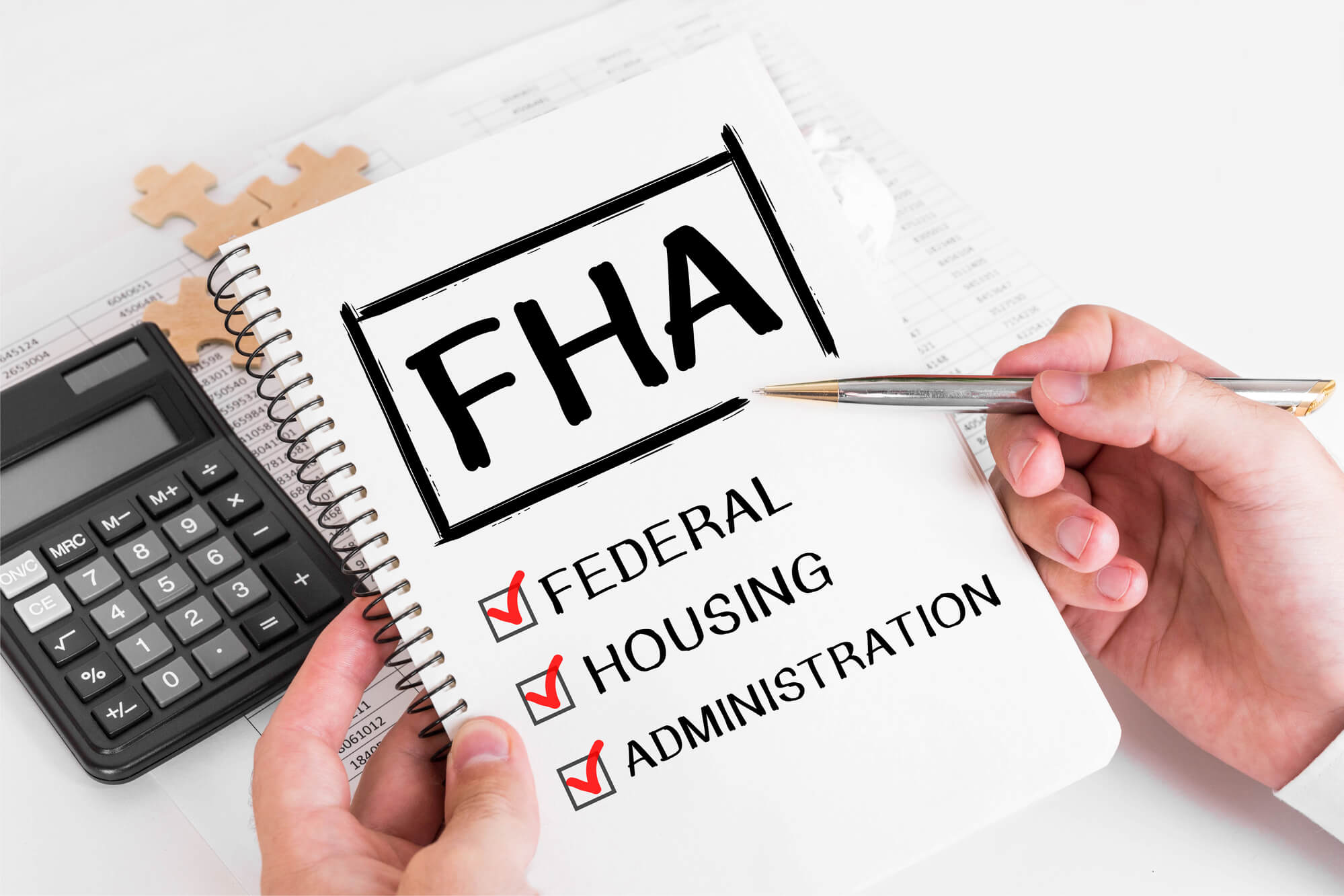FHA loans are a lifesaver for first-time homeowners who don’t have a lot of money saved up. These mortgages are acquired through licensed lenders, like banks, but are guaranteed by the Federal Housing Administration. This government support lowers the lender’s risk, allowing FHA loans to have more flexible borrowing conditions as well as smaller down payments and closing fees than traditional loans. Read on to learn in detail about FHA loan requirements.
FHA Loan Requirements
FHA loan requirements are often more lenient than those of other types of mortgages. If you have a low credit score, little savings, or a heavy debt burden, this option can provide you with a greater chance of qualifying for a house loan. These are some of the important requirements to qualify for an FHA loan:
Credit Score
The minimum credit score for an FHA mortgage is 580, with a 3.5% down payment. If you can increase your down payment to 10%, you can qualify with a credit score as low as 500. Furthermore, each mortgage lender has the freedom to choose which loans to provide and what credit ratings they are ready to accept.
Despite FHA guidelines, FHA-approved lenders can apply their own standards, a process known as “overlaying,” based on the level of risk they are prepared to take on. As a result, different lenders may have different FHA credit score criteria.
Down Payment
As aforementioned, you’ll need to put down at least 3.5% as a down payment. If your FICO score is between 500 and 579, this minimum rises to 10%. If you’re strapped for cash and this amount appears excessive, you might not be entirely out of options.
FHA loans permit borrowers to use funds from sources other than their personal savings, like a gift from a close friend or relative, to make down payments.
DTI Ratio
When researching the FHA loan qualification process, you’ll come across the term “DTI,” which stands for debt-to-income ratio. The maximum DTI ratio is normally 43%, however, with an FHA loan, your lender could make exemptions up to 45%, 50%, or even 57%. This indicates that your total monthly loan payment, including the mortgage, should not exceed 43%.
Loan Limits
FHA mortgages have loan restrictions that define how much you can borrow based on the type of house you’re buying and where you’re buying it. For this year, the FHA loan limit for a one-family home in the majority of counties is $472,030, but it may go as high as $1,089,300 in higher-cost locations.
Mortgage Insurance
You will be obligated to pay FHA mortgage insurance premiums (MIP) if your down payment is much less than 20%. MIPs are penalties paid to the lender in the event of a loan default. In most circumstances, FHA borrowers pay an advance premium of 1.75% of the loan amount at closing and an annual premium of 0.45% to 1.05% for the life of the loan.
FHA loans aren’t ideal for everyone, but they can be beneficial to first-time homeowners. Contact our team today to figure out the best mortgage plan for you!

